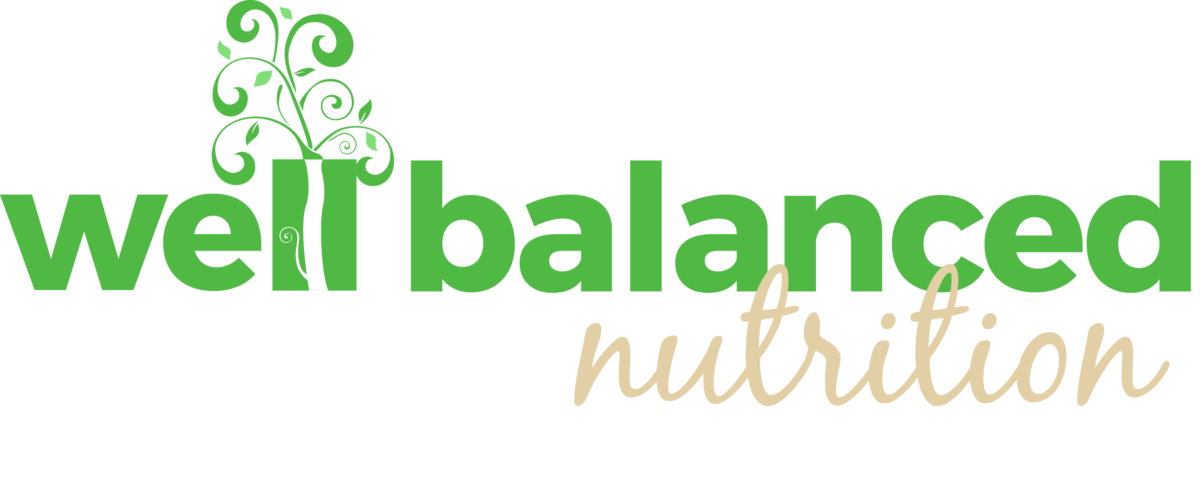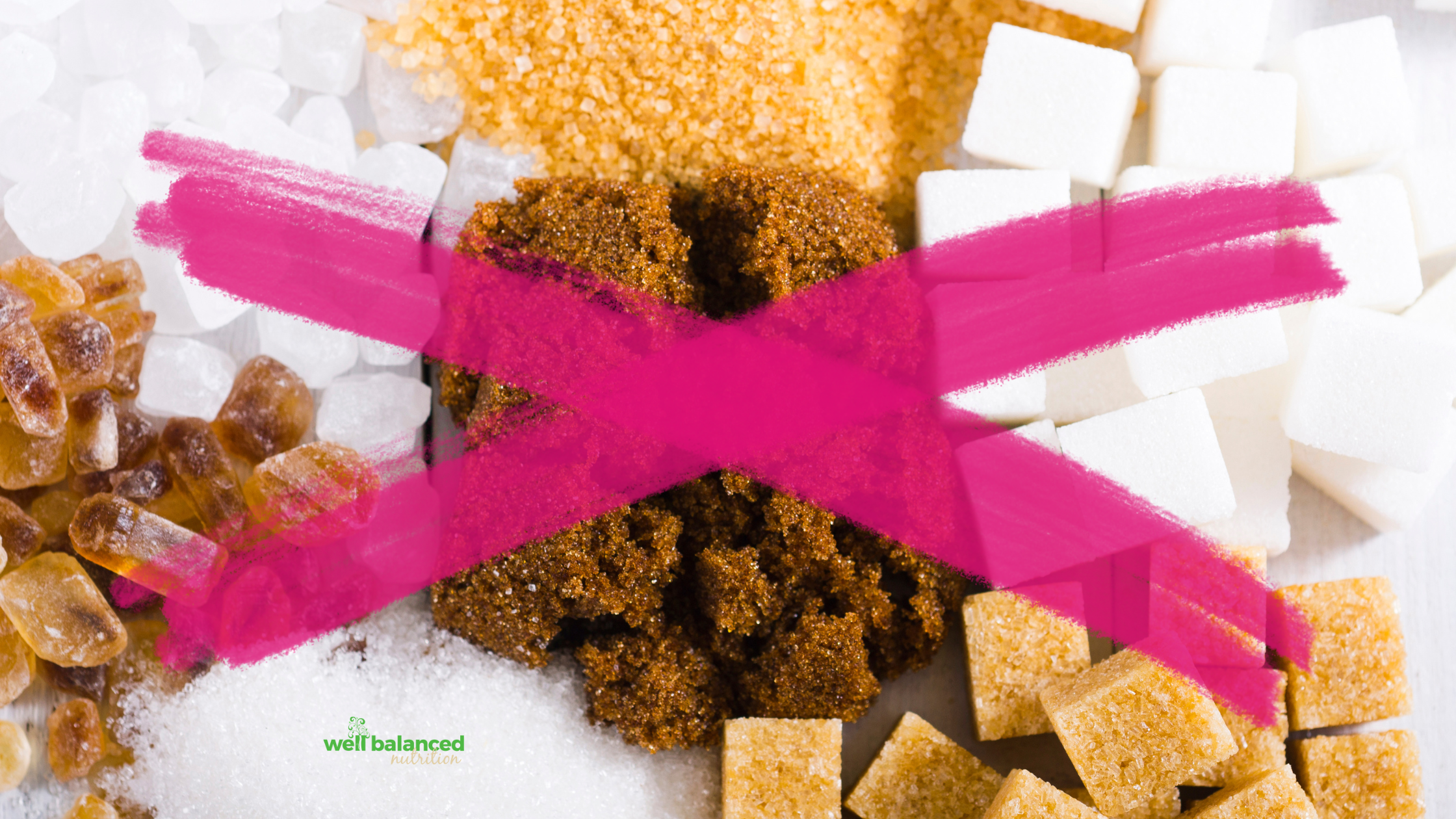If you’re aiming for improved fitness, energy levels, or overall well-being, proper nutrition is your secret weapon. Fueling your body with the right nutrients can make a huge difference in how you feel, perform, and age. Let’s dive into some simple strategies that can help optimize men’s health and wellness.
Embrace Whole Grains and Fiber
Men tend to fall short when it comes to fiber intake, and this can affect everything from digestion to heart health. The USDA recommends that men (up to age 50) aim for 38 grams of fiber per day. After 50, the target drops slightly to 30 grams daily.
Fiber helps maintain a healthy gut, stabilizes blood sugar, and lowers cholesterol. When possible, opt for whole grains like brown rice, quinoa, oats, and whole-wheat bread instead of refined grains like white rice and white bread. Beans and legumes are also excellent sources of fiber and offer a boost of plant-based protein, too. Filling half your plate with fruits and vegetables is another easy way to increase your fiber intake, but more on that next.
Try this: Incorporate ½ cup of cooked beans into meals to add approximately 6-8 grams of fiber and 7–9 grams of protein, all while keeping fat content low.
Load Up on Colorful Fruits and Veggies
When it comes to fruits and vegetables, the more colorful your plate, the better! A variety of colorful produce ensures that you’re getting a broad range of nutrients and antioxidants, which can help reduce the risk of chronic diseases and improve overall vitality. Aim for a mix of red, orange, yellow, green, blue, and purple fruits and vegetables to maximize your health benefits.
Make it a goal to fill half your plate with vegetables at lunch and dinner to boost micronutrient intake, support digestion, and enhance brain and heart health.
Go Red for Prostate Health
You’ve probably heard of Lycopene, right? It’s a powerful antioxidant that is connected with prostate health, and you can find it in tomatoes, red bell peppers, watermelon, grapefruit, guava, and papaya. Incorporating these red and pink fruits and veggies is a great choice for men, specifically.
Support Muscles and Metabolism
Protein for Strength and Health: What Men Need to Know
Protein is essential for muscle repair, growth, and overall body function, and it’s especially important for men who are active. Aim to include a source of lean protein with every meal, such as chicken, fish, turkey, eggs, beans, or tofu.
Snack Tip: If you’re strength training, refuel with a small protein-rich snack—like Greek yogurt or a protein smoothie—within 30–60 minutes post-workout to aid muscle recovery.
How much protein do men need? That depends on age, activity level, and overall health. Most men benefit from about 1.2 grams of protein per kilogram of body weight daily—more if you’re very active or over 50.
Be sure to balance protein intake with enough water, fiber, and whole foods. Prioritize quality sources, spread intake throughout the day, and pair with plants to support digestion and overall health.
Magnesium: Small Mineral, Big Impact
Hot Tip: In addition to protein, magnesium plays a big role in muscle function, blood sugar management, sleep quality, plus bone and brain health. Getting enough magnesium from food can lower blood pressure and diabetes risk. Luckily, magnesium is found in many foods. Some of the best sources include nuts and seeds, legumes, and whole grains.
Don’t Fear Fat: It’s Essential
Contrary to the low-fat trends of the 1990s would have you believe, fat is a vital part of a balanced diet. Healthy fats support heart health, hormone production, fertility, and brain function. They also help your body absorb key vitamins like A, D, E, and K.
Aim to include sources of healthy fats like avocado, olive oil, nuts, seeds, and fatty fish such as salmon or mackerel. Fatty fish and nuts are rich in Omega-3s—powerful fats that reduce inflammation, protect the heart, and improve male fertility.
Try this: Use olive oil or avocado oil when cooking. It’s an easy change that can shift the balance of healthy fats in your diet and have an impact on your health.
Hydration for Optimal Performance
Staying hydrated is an often overlooked piece of feeling great, performing your best, and supporting your health. Dehydration can lead to fatigue, headaches, and decreased concentration, so make it a habit to drink plenty of water throughout the day. The typical recommendation is to drink about 8-10 cups of water a day, but you might need more or less depending on your activity level and environment (temperature, humidity, altitude, and season). In general, water is the best way to stay hydrated, but if you are active and sweating a lot for hours in a very hot environment, you may be losing essential electrolytes like sodium and potassium, and rehydration may need to involve more than just plain water.
Tip (this one’s obvious!): Carry a water bottle with you to remind yourself to hydrate regularly. If plain water doesn’t excite you, try adding a splash of lemon or cucumber for a refreshing twist.
Hydration doesn’t only come from water! Liquids in soups or foods like watermelon and tomatoes are a great way to meet your hydration goals beyond the typical water bottle solution.
Stay healthy, stay strong, and fuel your body for success!
When it comes to men’s health, nutrition plays a crucial role in helping you live a longer, healthier life. By focusing on lean protein, healthy fats, whole grains, fruits, vegetables, and staying hydrated, you can fuel your body to perform at its best.
Other vitamins and minerals play an important role in your personalized health goals for your current season of life – our dietitians can help create a plan to incorporate these foods into your life to support your goals. With a little commitment and consistency, you’ll be on your way to wellness in no time!
Get started with a free clarity call.



